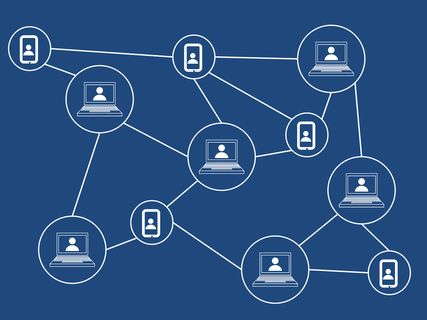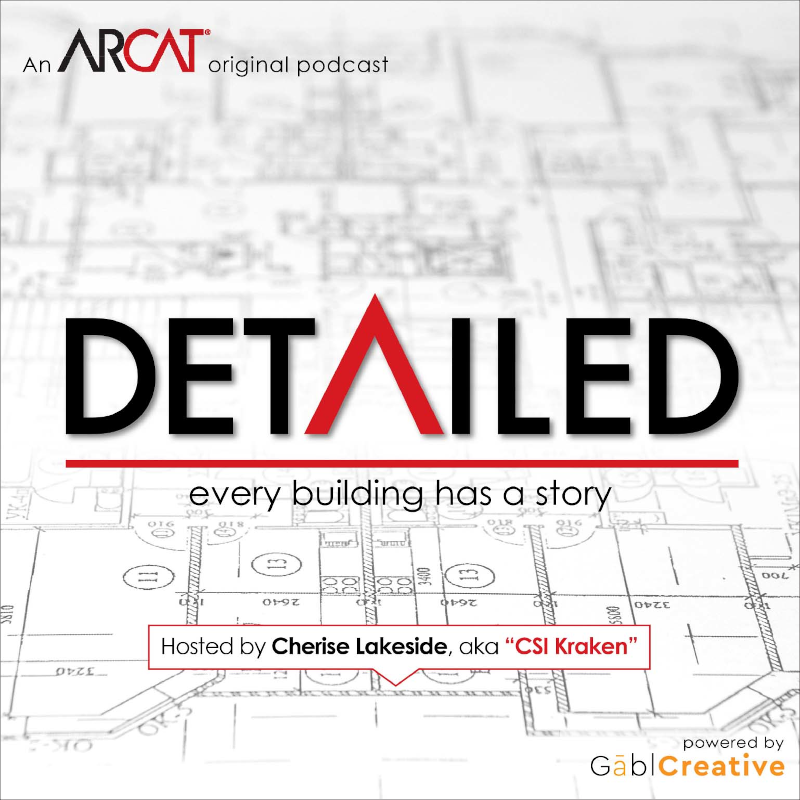|
Contributed by Justin Havre The blockchain is a type of decentralized public ledger that makes it easier to organize, verify, and protect information. While it's mainly been associated with cryptocurrencies like Bitcoin, the technology has much more potential than that. It's been theoretically applied to almost every sector of the economy and is slowly transitioning from the possible to the practical. Blockchain may be able to tighten up construction deadlines, prevent fraud, and cut out the middlemen all while encouraging new ideas and partnerships. What the Blockchain Does The blockchain is a revolutionary way to input information and secure it from anyone who shouldn't have access to it. Not only can it keep financial transactions safe from prying eyes, but it can also streamline construction projects with multiple moving parts. Between investors, developers, and construction workers, it's easy for information to slip through the cracks. But the blockchain isn't like any other project management tool anyone's ever used before. Using Smart Contracts A smart contract is a series of if/then statements that are set up according to the rules of each project. The blockchain is dominated by the logistics of the programmer, so it can be adapted to small and large projects alike. Construction companies can use these smart contracts to essentially control every aspect of the project. So, if a painter needs to wait for an inspector to first check the drywall before painting, there will be an unhackable log where they can plainly see whether or not an inspector has held up their end of the bargain. Advancing Technology The blockchain makes it easier than ever for construction crews to keep up with new technology on the scene. For example, Building Information Modeling (BIM) tools may have helped to improve precision during construction, but it's also led to a lot of confusion on the actual job site. When changes can be made faster than ever, workers need a single source to receive updates in real-time. The blockchain can update everyone that the developers want a new color of paint in the bathroom or slightly different dimensions in the master bathroom. Finding the Right People There is a lot of segregation in construction, which leads to the isolation of ideas and talent. This separation is (in part) due to the fact that it's difficult to both find and coordinate with the right partners. Much like with picking the right real estate agent to work with, if there isn't an easy way to assess a company's reputation, it can lead to undue competition. The blockchain can both facilitate coordination and inspire partnerships between companies with different specialties. This type of cross-pollination of skills can lead to some truly innovative results in the industry. 360° Help
The blockchain is not only there for companies and projects during assembly — it can also help owners long after the last bulldozer has cleared the property. The blockchain makes it easier for investors to stay on top of maintenance by keeping a full log of activity completed on the home. So, if an owner lives in New York and hires a management company to take care of his property in California, they can easily see what's being done and what still needs to be completed. Disrupting the System From lien disputes to insurance payments, the construction industry is often brought to a screeching halt because of entities outside their control. But the blockchain puts more power in the hands of people who can move the project forward. The transfer of funds and the payment of invoices can be automated and completed within seconds rather than waiting for days for the bank to authorize the movement. More Accountability No matter how detailed the information, it can be worked into a blockchain. This can set up airtight boundaries for leaders, workers, and vendors alike. Outside companies who work with construction crews will sometimes blame their mistakes on outside forces. The blockchain provides the transparency that everyone needs to determine the truth without having to go through painstaking research and backtracking through each step. The blockchain has already been seen hard at work everywhere from banking to historical record keeping because it brings real value to the people who use it. There's little doubt that construction workers will soon start to adopt certain aspects of the technology en masse. It's flexible enough to fit the scope of any project and intuitive enough that it can be used by practically anyone.
2 Comments
|
AboutLet's Fix Construction is an avenue to offer creative solutions, separate myths from facts and erase misconceptions about the architecture, engineering and construction (AEC) industry. Check out Cherise's latest podcast
Get blog post notifications hereArchives
March 2022
Categories
All
|


 RSS Feed
RSS Feed
